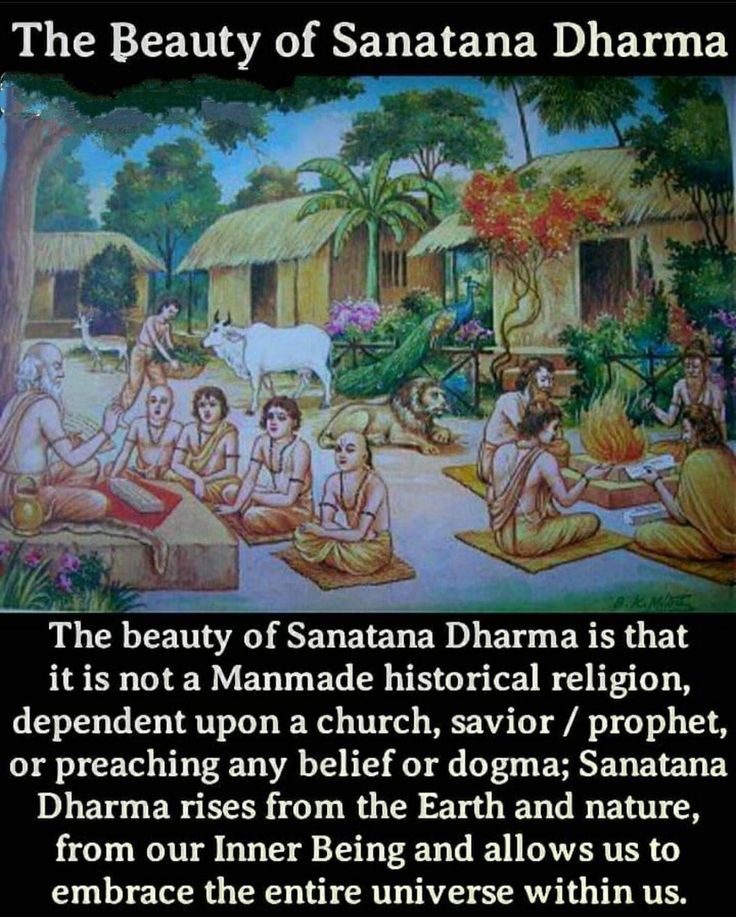The Hindu religion, one of the oldest religious traditions on the planet, manifests an intricate tapestry of spirituality, philosophy, and cultural heritage. Its origins are enshrined in texts that serve as a guide to understanding the cosmos, the human condition, and the divine. The Vedas, ancient scriptures composed in Sanskrit, are crucial to this exploration, revealing the rich and multifaceted beliefs that have shaped the lives of millions over millennia.
The Vedas themselves can be viewed as a grand ocean of knowledge and wisdom, where each wave carries distinct insights into existence. Comprising four primary texts—the Rigveda, Samaveda, Yajurveda, and Atharvaveda—they encapsulate hymns, rituals, and philosophical treatises. These texts were originally transmitted orally, preserving a reverence for divine knowledge that has endured through centuries. In that sense, the Vedas symbolize a continuous dialogue between humanity and the divine, inviting practitioners to immerse themselves in a quest for truth and understanding.
In examining the roots of Hinduism, one must reflect on its geographical origins. The cradle of this ancient faith lies in the Indian subcontinent, particularly in the regions nestled along the sacred rivers of the Indus and the Ganges. Here, the synthesis of indigenous spiritual practices and the profound truths articulated in the Vedas blossomed into a distinctive religious identity. This amalgamation has cultivated a vibrant and dynamic spiritual ethos that contrasts sharply with monotheistic traditions, such as Christianity.
Central to the Hindu pantheon are myriad deities, each representing different facets of existence and the divine. The gods and goddesses of Hinduism, including Brahma, Vishnu, Shiva, and Devi, form an intricate web of relationships and narratives. Unlike the singular, omniscient God of Christianity, Hinduism’s polytheistic framework allows for a more nuanced understanding of divinity. Each deity serves as a symbol of various aspects of life, mirroring the complexities of the human experience.
The concept of Brahman, the ultimate reality, further exemplifies this unique view. Brahman is not merely a deity but a transcendent essence that permeates all existence. This theological construct encourages practitioners to ponder the divine presence imbued in the universe, a stark contrast to the Christian notion of a personal God who interacts with creation in a distinct, identifiable manner. The divine in Hinduism is an unfathomable ocean, while in Christianity, it is a shepherd guiding His flock.
Historically, the emergence of Hinduism can be traced back to the Vedic period, roughly between 1500-500 BCE, when the Indo-Aryan tribes traversed into the Indian subcontinent. With them came a rich oral tradition that, when inscribed in the Vedas, formed the bedrock of Hindu philosophy. This period witnessed the flowering of ritual practices and theological interpretations that would later define the essence of Hindu spirituality.
Transitioning from the Vedic period to later epochs, one observes the divinely inspired emergence of epic narratives like the Mahabharata and Ramayana. These epics reinforce the moral and existential dilemmas faced by humanity, illustrating the myriad ways in which divine principles manifest in the human realm. Just as the Gospels convey the life and teachings of Jesus, illustrating divine love and grace, these texts encapsulate dharma, or righteous living. They are timeless reflections, akin to mirrors held up to society, revealing profound truths about human nature and the eternal quest for salvation—whether it be through karma, devotion, or knowledge.
In contemporary discourse, the juxtaposition of Hinduism and Christianity often raises fascinating questions about coexistence and comparative theology. Both traditions grapple with the notion of the divine and its interaction with humanity. While Christianity teaches of a loving God who sacrificed Himself for salvation, Hinduism offers a plurality of paths toward liberation (moksha) and emphasizes personal experience in the divine relationship.
Intriguingly, one might liken the vast expanse of Hinduism to a magnificent banyan tree, its branches sprawling in diverse directions, while Christianity can be perceived as a sturdy oak, rooted deeply in its singular narrative. Despite the structural differences, both trees provide shelter and sustenance for their respective followers, each offering solace and guidance amid the storms of life.
The spiritual artistry within Hinduism is further exemplified through practices such as yoga and meditation, inviting practitioners to embark on inward journeys. These practices resonate with the Christian contemplative tradition, where silence and prayer foster communion with God. This commonality underscores the universal yearning for connection with the divine, transcending cultural and theological barriers.
While Hinduism draws from an expansive array of deities and philosophies, Christianity offers a narrative anchored in the life, death, and resurrection of Jesus Christ. Each offers followers profound insights into existence, yet their paths diverge significantly. The Vedas urge seekers toward the exploration of the self and the cosmos, while Christianity provides a narrative focused on redemption through faith and grace.
Ultimately, the exploration of Hindu origins through the lens of the Vedas and its deities enriches our understanding of human spirituality. Both traditions, while distinct, reveal the endless quest for comprehension and communion with the divine, a journey that is as ancient as humanity itself. Scholars, practitioners, and seekers alike are invited to traverse these rich landscapes and discover the unique appeal of each tradition, fostering dialogue and appreciation across cultural divides.



